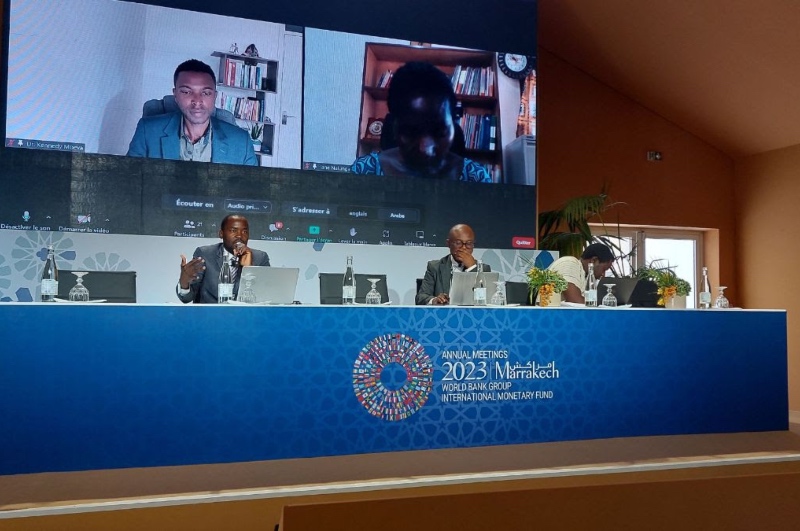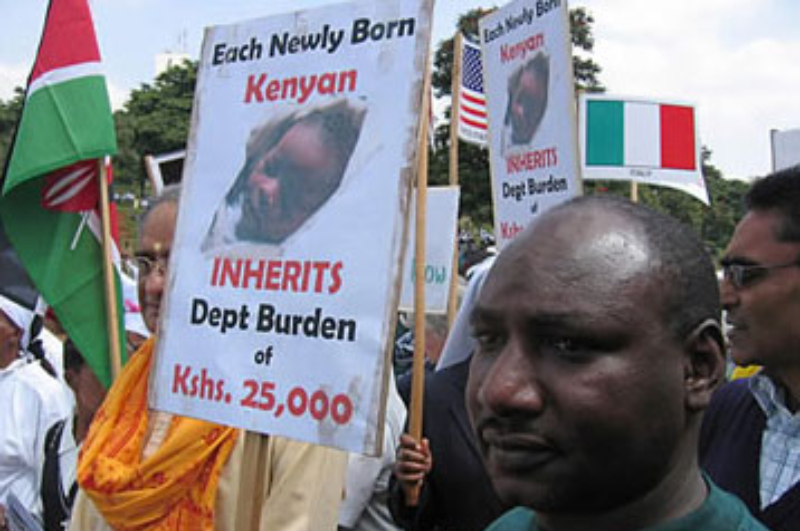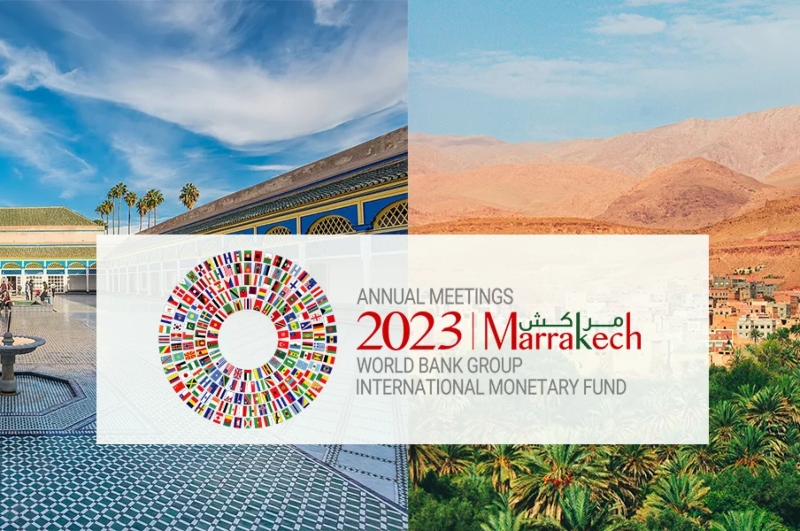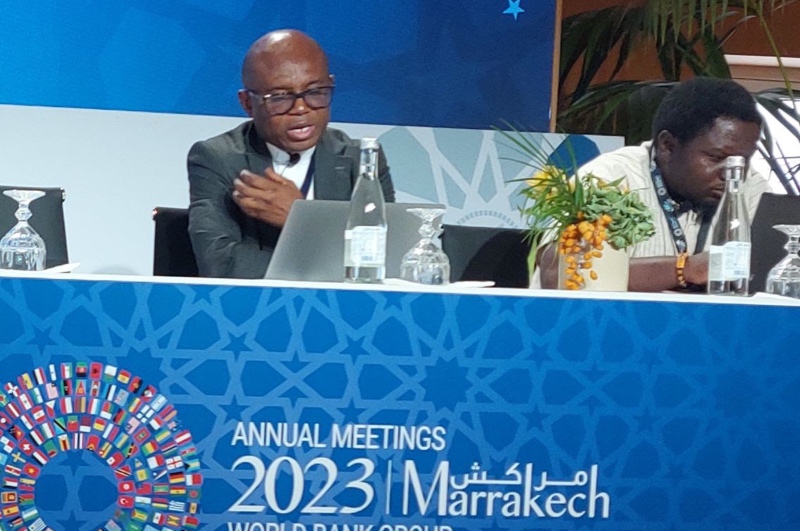

As I recently returned from the World Bank and IMF Annual Meetings in Marrakech, Morocco that took place from 9th to 14th October 2023, I am compelled to share with you some reflections on this momentous event.
At JENA, our mission revolves around the eradication of poverty and the protection of our planet. These two objectives, closely intertwined, are at the core of our work as a faith-based institution.
In 2023, our world grapples with a convergence of formidable challenges—persistent instability, ongoing conflicts, recurrent climate disasters, and the ongoing recovery from a global pandemic. Amidst these crises, our imperative is undeniably clear: we must unite under a fresh mission, one that aspires to eradicate poverty universally, on a hospitable planet, and to cease the scourges of war and pandemics. The potential for such a world is within our reach, marked by ample resources—both financial and human. What we cannot afford is the luxury of time. Delaying necessary action only prolongs suffering and loss of life. The moment to act is now.
It's important to note that this year marked the first time in 50 years that the Annual Meetings were held in Africa. This presented a unique opportunity for financial leaders to address the pressing issues facing the continent. As we look at Africa today, nearly 600 million out of its 1.3 billion people are living in extreme and unacceptable poverty, and approximately 280 million people are hungry. Many African economies are still struggling to recover from the aftermath of the COVID-19 pandemic. The shocks of the Ukraine war, regional conflicts, rising living costs, and the region's exceptionally high vulnerability to climate change further exacerbate the plight of the most vulnerable.
While climate change poses a threat to people worldwide, Africa is the most climate-vulnerable region. As African Heads of State emphasized in their recent Nairobi Summit, Africa is not historically responsible for global warming, yet it bears the brunt of its consequences, affecting lives, livelihoods, and economies.
In 2025, we will celebrate a new Jubilee year under the motto "Pilgrims of Hope." In the words of the Holy Father, this Jubilee can contribute greatly to restoring hope and trust, paving the way for renewal and rebirth. To achieve this, we must embrace universal fraternity and confront the tragedy of rampant poverty that denies millions their human dignity.
As we stand on a planet that is on an unsustainable path, we pray that the global financial leaders who met at this pivotal moment, may do what they can to heed the imperative to "choose life, so both we and our children may live" (Dt 30:19). We ask our leaders who have now left the annual meetings, in line with the upcoming Jubilee year, to do all they can to:
1. Remove the obstacle of debt that hinders countries from investing in crisis response and protecting their most vulnerable. Debt relief remains as crucial today as it was in 1999 when the Holy Father emphasized its importance. Resolving debt crises today requires addressing the challenges posed by multiple creditors, including private ones.
2. Significantly increase resources for development needs like health, education and social protection on affordable terms. The momentum for reform of international financial institutions presents an opportunity to align them with current needs, ensuring accountability and community participation.
3. Prevent new cycles of high indebtedness by establishing responsible lending and borrowing practices, debt contract authorization, and disclosure safeguards, along with automatic debt reduction clauses in the face of natural disasters or other shocks.
Let us use the return of the World Bank and IMF Annual Meetings to Africa as a guiding light, showing us the path towards a Jubilee 2025 filled with hope and dignity for the current and future generations of the region.
Related Articles
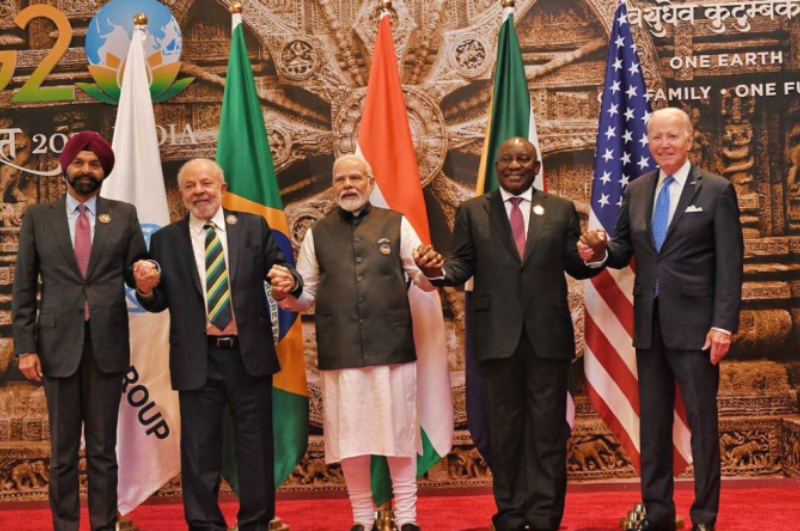
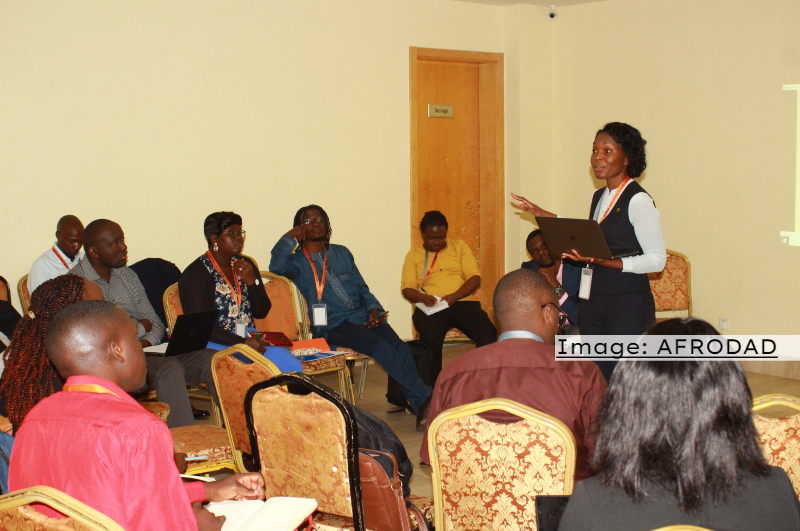
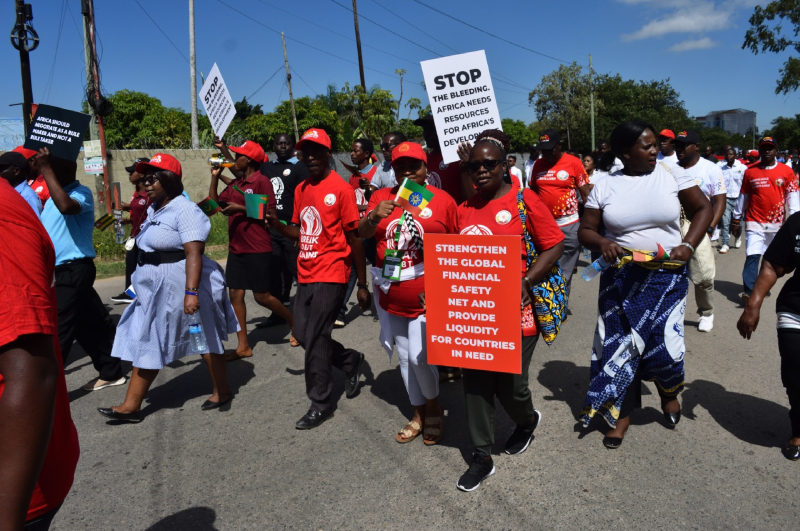
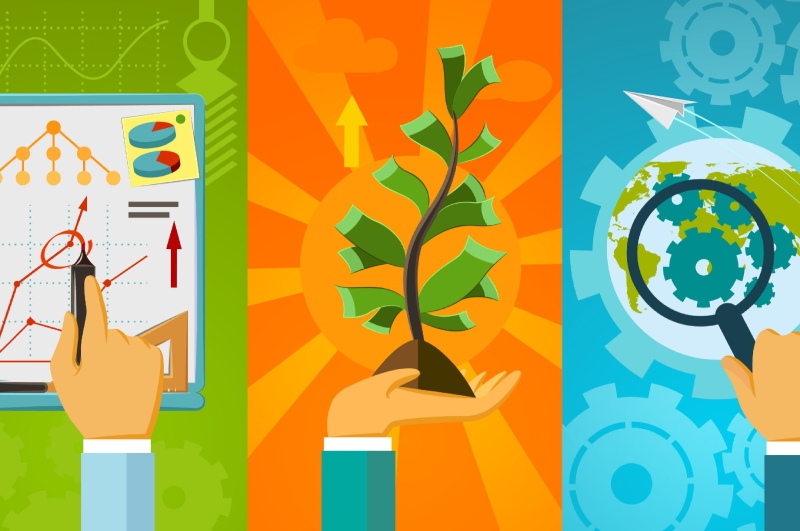
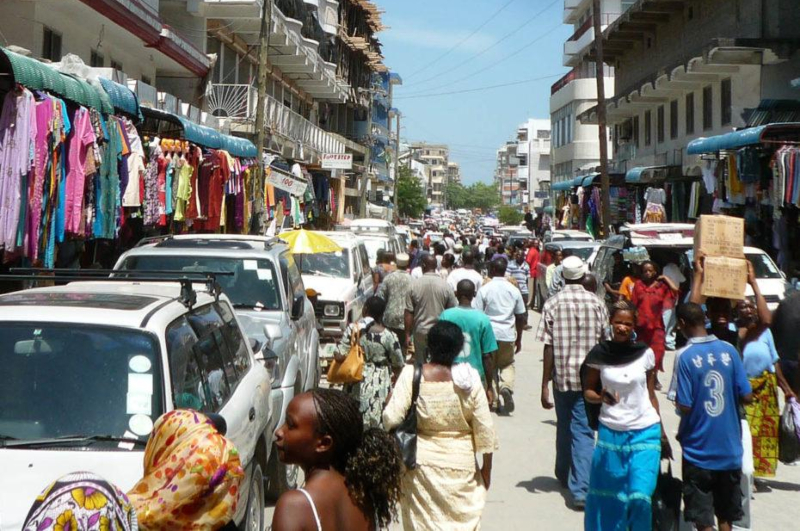
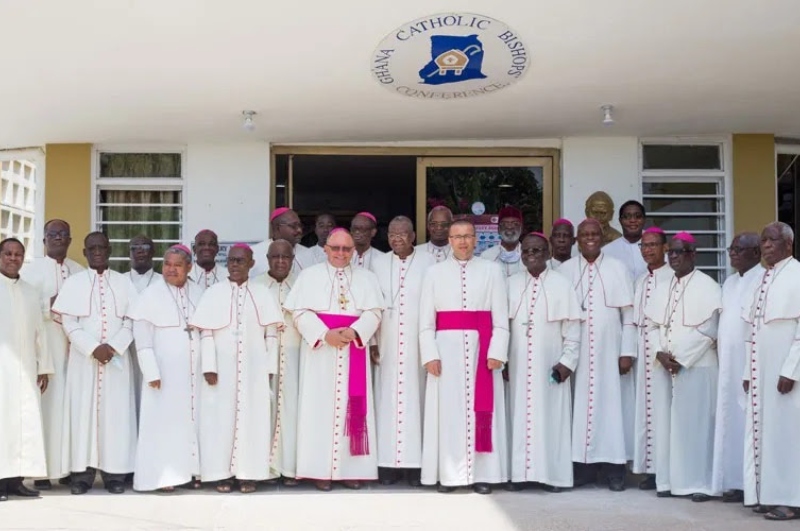
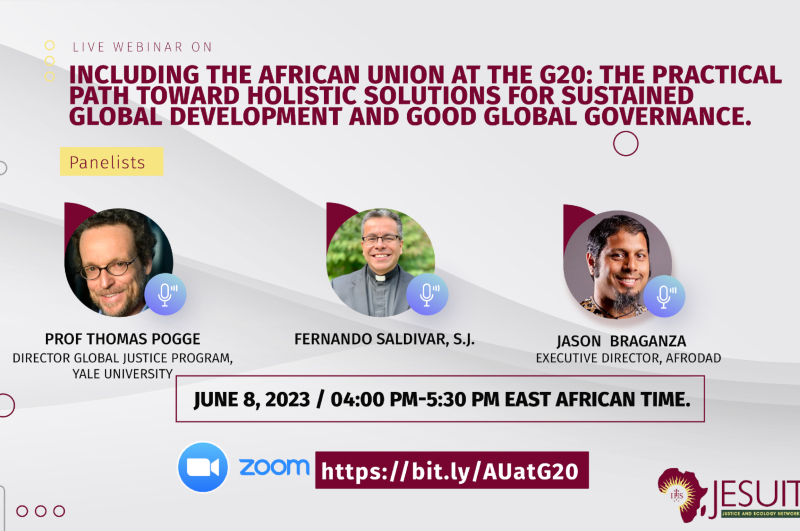
Select Payment Method
Pay by bank transfer
If you wish to make a donation by direct bank transfer please contact Fr Paul Hamill SJ treasurer@jesuits.africa. Fr Paul will get in touch with you about the best method of transfer for you and share account details with you. Donations can be one-off gifts or of any frequency; for example, you might wish to become a regular monthly donor of small amounts; that sort of reliable income can allow for very welcome forward planning in the development of the Society’s works in Africa and Madagascar.
Often it is easier to send a donation to an office within your own country and Fr Paul can advise on how that might be done. In some countries this kind of giving can also be recognised for tax relief and the necessary receipts will be issued.


